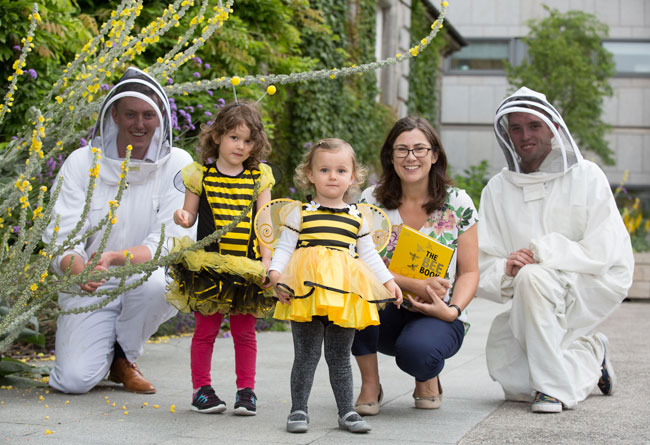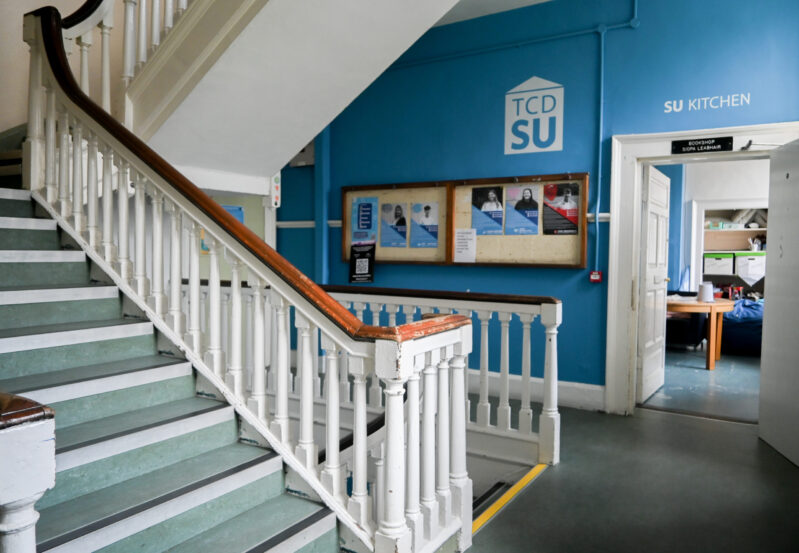Jane Stout, a professor in Botany at Trinity, has won the British Ecological Society’s award for Ecological Engagement for her work on the causes and consequences of bee decline.
Stout, a leading expert on bees and pollination, was one of nine ecologists from around the world honoured in this annual awards list. The award recognises Stout as an outstanding ecologist who has “bridged the gap between ecology and the public”.
The awards acknowledge ecologists who have benefitted the scientific community as well as the wider public population.
Prof Sue Hartley, President of the British Ecological Society, said in a press statement that “the winners of this year’s prizes have made outstanding contributions to their fields, which advance the science of ecology and its impacts”.
In Ireland, Stout has led the All-Ireland Pollination Plan and this year, also launched the Trinity Campus Pollination Plan. This plan involves planting suitable plants, protecting areas that are friendly to pollinators and looking after solitary bees by creating “bee hotels”. After a four-week social media campaign to name Trinity’s Queen Bee, drawing responses from over 20 countries, Stout and her team welcomed Queen Medb in July of this year.
Stout also chairs the Irish Forum on Natural Capital, which seeks to ensure the protection and restoration of Ireland’s natural ecosystems and the natural products they provide.
Speaking about the important role ecologists play in our society, Stout, in a press statement, said: “Ultimately, a lot of the work that we do as ecologists, provides the evidence-base for informed decision-making on many environmental issues that affect society today. And public-engagement is not just telling people about what we have done, and preventing the spread of ‘mis-information’ – but about involving them in the research itself, as advisors, participants and recipients”.
Commenting about her work on bees within Irish ecosystems, Stout said that protecting these pollinators is in our best interests: “Bees are a great example of how elements of nature benefit society and can act as early-warning indicators of ecological damage, as well as flagships for conservation. I like to think of them as the insect equivalent of the giant panda – cute, cuddly, and threatened by human activity – with the added bonus of also being excellent pollinators.”







